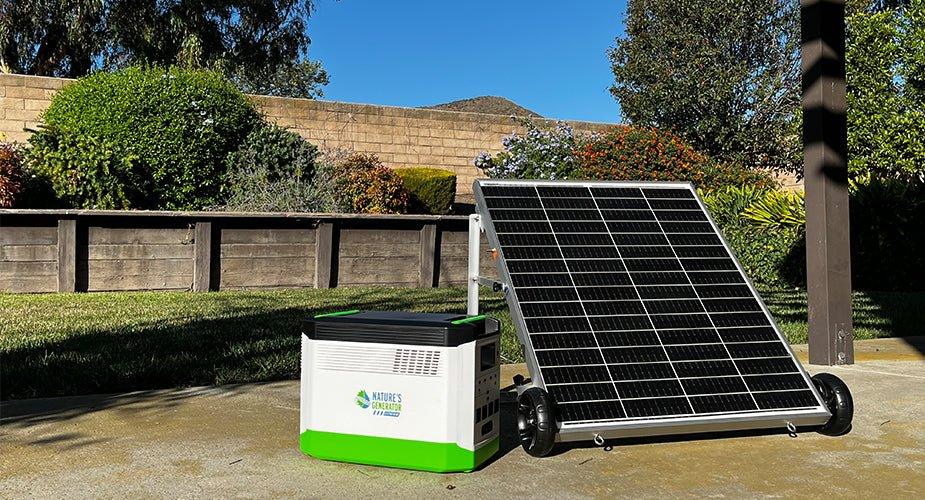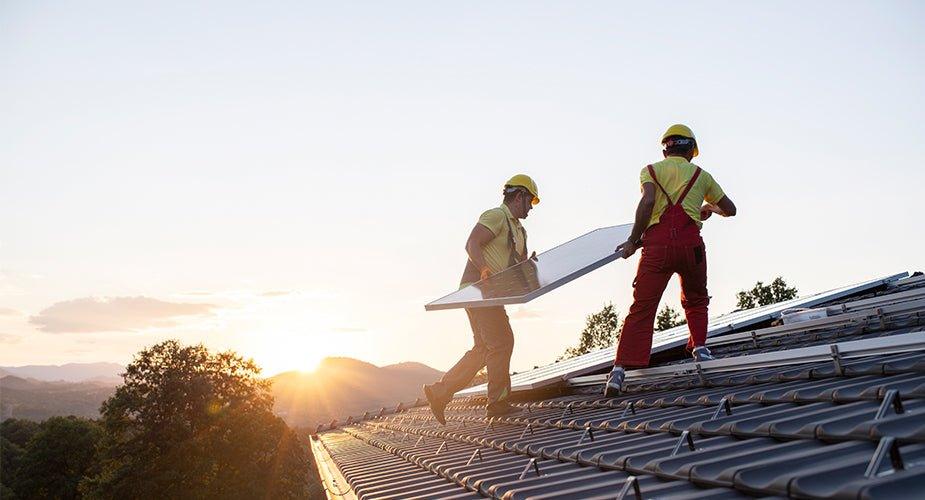Bills, bills, bills. They just never end. Electric bills, water bills, gas bills, and so on - these utility bills are part of the monthly expenses apartment dwellers need to take care of to live comfortably.
Speaking of electric bills, this is one of the most expensive utilities people pay for. People use a lot of appliances and gadgets that run on electricity when going about their everyday lives. There are also seasons when the demand for electricity increases. The weather can be unforgiving during summer so air conditioning usage goes up and naturally, the electric consumption increases. In wintertime, people need their heaters on and if the heater is not hooked up to gas, expect higher electric bills during this time of the year.
Now the question is, just how many kWh does an apartment use on average?

Apartment kWh Usage in the U.S.
The typical apartment kWh usage in the country is between 400 kWh to 750 kWh per month for compact apartments and for larger apartments, between 880 kWh - 1,200 kWh per month is a good starting point.
However, figuring out how much electricity does an apartment use in terms of average kilowatt-hour (kWh) consumption can be quite challenging—there’s no single definitive answer. A range can be provided, but the average is tricky to pinpoint. Several key variables, all interrelated, must be considered to solve this puzzle.
Key Factors that Affect kWh Consumption in an Apartment
There are several factors that play an integral part in terms of the energy consumption in an apartment. Let us take a closer look at these key points to get a better understanding of the electricity demands of apartment units.
How Old Is The Apartment Building - The age and overall efficiency of the building itself are also important elements that need to be considered when moving into an apartment. Older buildings may have less efficient insulation and appliances, leading to higher kWh usage. Modern buildings, on the other hand, are typically constructed with energy-saving principles in mind, utilizing better insulation materials and more efficient appliances.
Things to Consider Before Moving into An Apartment
Moving into a new apartment can be a daunting task, with many factors to consider. In this section, we’ll focus on power consumption. Keep reading to discover the key factors that influence how many kWh does an apartment use and help you choose the apartment that suits your energy needs best.
- Be mindful of the apartment size that you are getting. Remember, larger square footage generally correlates with higher kWh consumption so make sure to choose the size that is based on your needs.
- Investigate the energy efficiency of the appliances that come with the apartment. Look for Energy Star labels when considering appliances. Newer, energy-star rated appliances promote lower electricity use.
- Research the local climate. Understanding the climate of the area where you are planning to stay will help you anticipate potential high-usage periods. Areas with extreme temperatures tend to have higher kWh consumption.
- Ask around the apartment complex for electric bill ideas. Consult with the landlord or previous tenants regarding average electricity bills. This can provide valuable real-world data on the apartment's energy consumption. Talking to past residents can offer insights into how their habits impacted the electricity usage.

Ways to Reduce kWh Usage In Your Apartment
Now that you know the key aspects that affect the kWh usage in an apartment, the next step is to identify ways on how to minimize electric consumption without sacrificing comfort. Below are recommendations that you may want to bear in mind.
- Embrace the power of natural light and take advantage of of this free resource whenever possible. Open curtains and blinds during the day to illuminate your living space and reduce reliance on artificial lighting.
- Consider using alternative power sources such as solar energy. Portable solar generators are slowly becoming a household staple when it comes to backup power source and for some, main power source. Nature’s Generator is one of the trusted brands in solar generators that offer a variety of options depending on a resident’s power needs. Nature’s Generato Elite is perfect as a backup power source when a blackout occurs in your apartment.
-
Adjust your thermostat settings strategically. While there are many energy-saving air conditioning units on the market that promise low energy consumption, it's important to enable their energy-saving features and maximize their efficiency. A few degrees cooler in the winter and warmer in the summer can significantly reduce energy consumption for space conditioning. So, how many kWh does an apartment use per day? By optimizing thermostat settings, you can lower daily energy usage and make a noticeable difference in your electricity bill.
- Do not forget to unplug unused electronics. Phantom energy drain from electronics in standby mode can silently add to your kWh usage. Unplug electronics when not in use to eliminate this hidden energy consumption.
- Invest in high quality power strips. Power strips with on/off switches allow you to easily power down electronics entirely, eliminating phantom energy drain.
- Learn how to do the laundry efficiently. Wash clothes in cold water whenever possible and air-dry clothes whenever weather permits. These simple changes can significantly reduce the energy consumption of your laundry routine.
Implementing these conservation practices will make you enjoy a more sustainable and cost-effective living environment in your US apartment.
Final Thoughts
There are several crucial factors to consider when trying to identify the average kWh an apartment unit consumes in a month, such as the size of the apartment, location, number of residents, and the age of the building. So, how many kWh does an apartment use? While it varies, the good news is that there are many ways to minimize energy consumption, save money, and even contribute to a greener future through energy-efficient practices.
* We want to give credit where credit is due. Professional writer, Ann Mathew, contributed research and content to this blog titled: How Many KWh Does an Apartment Use Thank you, Ann, for your contributions!













